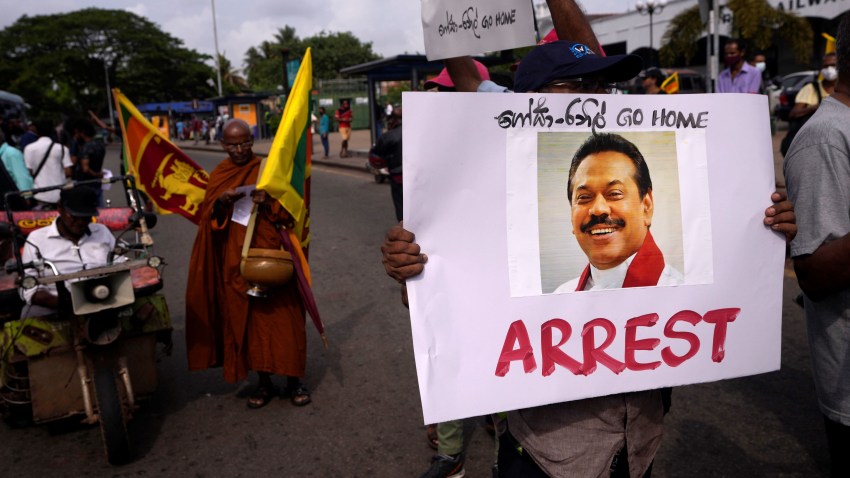One year ago this week, the world’s attention suddenly turned to the small Indian Ocean island nation of Sri Lanka, which looked as if it was on the verge of unraveling. On April 3, 2022, with the global coronavirus pandemic at full strength and Russia’s invasion of Ukraine in the headlines, the entire Cabinet of Sri Lanka’s government suddenly resigned overnight, amid rapidly deteriorating economic conditions and growing mass protests in the capital, Colombo.
The following week, Sri Lanka defaulted on its sovereign debt, making it the first Asia-Pacific country to do so in more than two decades. The situation only deteriorated after that.
Sri Lanka went on to become a cautionary tale, a warning about what could happen when chronic economic mismanagement, nepotism and corruption run into sudden shocks from the outside world.

